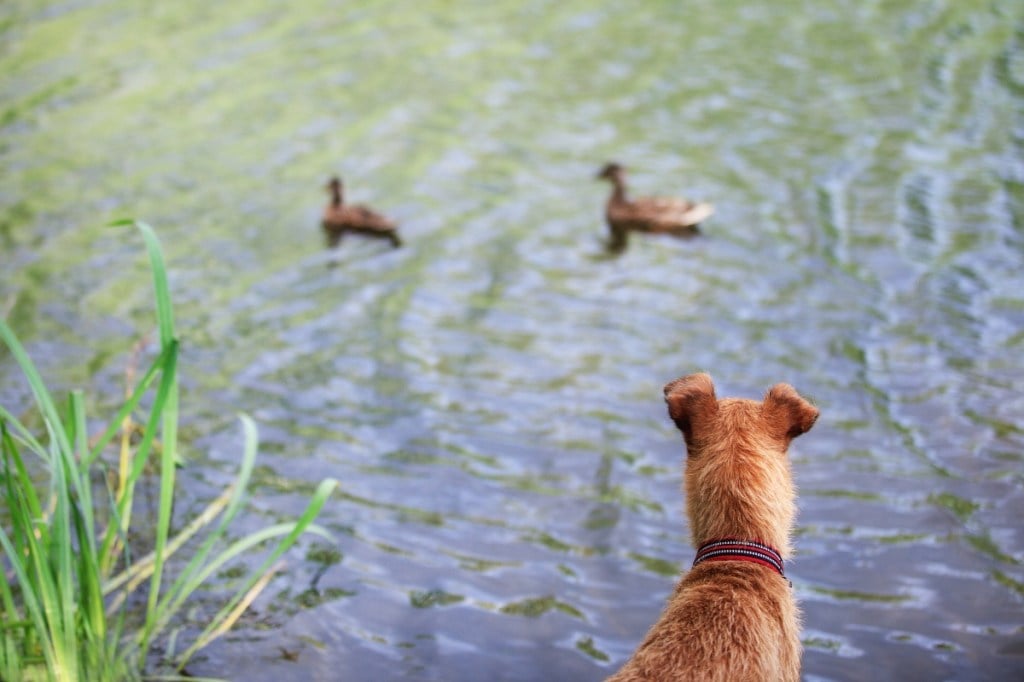Table of Contents

Three weeks after a 6.0 earthquake struck Northern California, families are still searching for missing pets in Napa Valley.
When Casey Myers and her boyfriend Diego Periasco awoke to a shaking house, they discovered that their beloved cattle dog, Chance, had jumped through the bedroom window screen and taken off. After scouring animal shelters and posting more than 400 photos of Chance over town, the couple finally found him with the help of a police officer. “It was a terrible experience. It was the most stressful thing I’ve been through,” Myers told the Napa Valley Register.
Chance and his family are lucky. The Napa County Animal Shelter is still working to reunite other lost pets and their families through its Facebook page. Dogs and cats have been known to panic during earthquakes and take off running. Make sure you and your pets are prepared for the next “big one” with these earthquake safety tips.
Earthquake preparedness checklist
Follow these tips to keep you and your pets safe before, during and after an earthquake:
- Make sure pets are properly identified (collar, tags, microchip). Even when pets are inside, they should wear IDs.
- Be familiar with hiding places. Some pets, especially cats, will hide when they’re frightened. Take note of where they have hidden in the past.
- Keep health information current. If your pet becomes lost or stays in a shelter with other animals, he may be exposed to infectious diseases. Consider consulting a veterinarian after your pet comes home.
- Display a pet alert sign. Window stickers are available that let first responders know there are animals inside your home.
- Keep a medical record and current photo. Share this information with animal shelters or other agencies that might find your pet.
- Build a kit. Include vaccination and veterinary records, food, water, and any pet medications. The Humane Society offers guidance on what to include in a pet disaster preparedness kit.
- Continue to monitor. In any significant earthquake, aftershocks are almost inevitable. Be ready to help frightened pets through those, too.
- Check animal shelters. If your pet becomes lost, make the local animal shelter your first place to look.
Additional resources:
- FEMA: Caring for Animals
- San Francisco SPCA: Disaster Preparation
- American Red Cross: Pets
- SPCA Los Angeles: Prepare for family and pets







